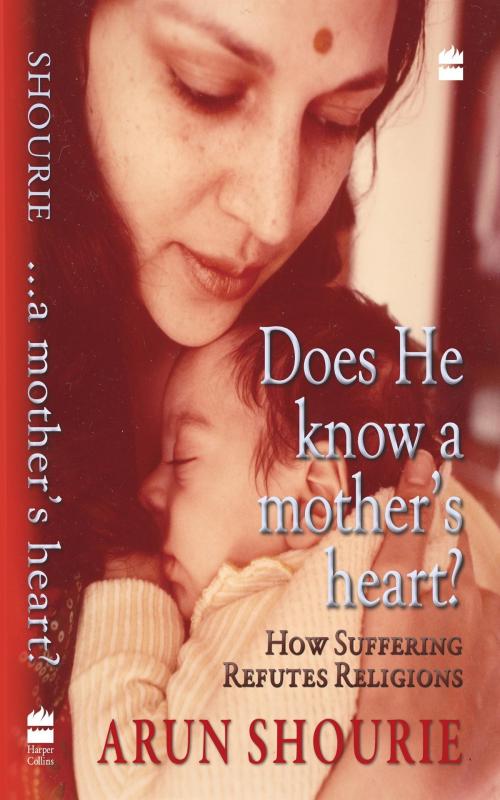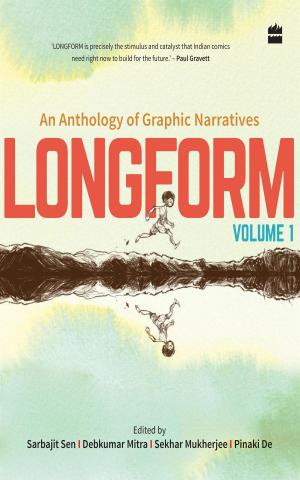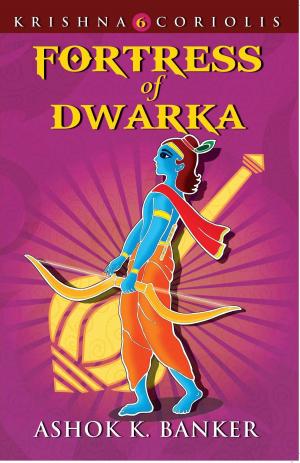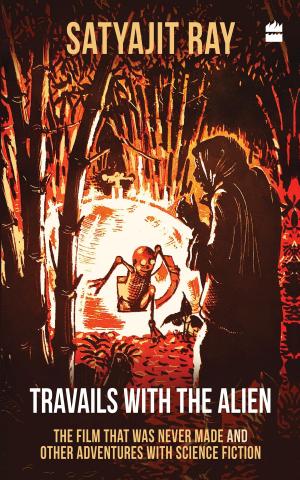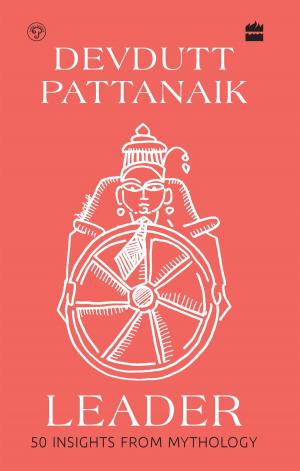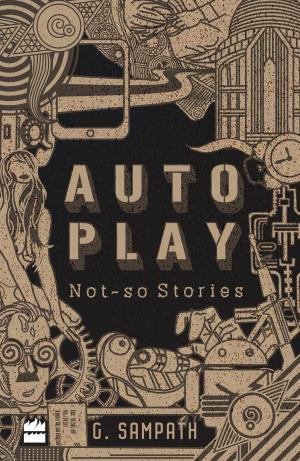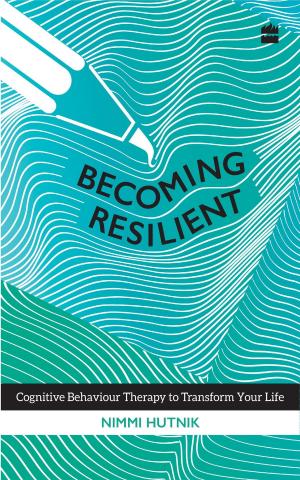Does He Know A Mothers Heart : How Suffering Refutes Religion
Nonfiction, Social & Cultural Studies, Social Science, Sociology| Author: | Arun Shourie | ISBN: | 9789350295410 |
| Publisher: | HarperCollins Publishers India | Publication: | August 20, 2012 |
| Imprint: | Harpercollins | Language: | English |
| Author: | Arun Shourie |
| ISBN: | 9789350295410 |
| Publisher: | HarperCollins Publishers India |
| Publication: | August 20, 2012 |
| Imprint: | Harpercollins |
| Language: | English |
A book for everyone who has had to contend with pain and loss How can extreme suffering be so commonplace if there is a God who knows everything, who is all-powerful and also compassionate? How do the scriptures of our religions explain the existence of suffering? Do these explanations stand up to examination? Does our experience testify to a God? Or do the two demons- time and chance-explain all that we have to go through? In a devastating dissection of the scriptures-laced with accounts of the suffering and pain that he has seen at first-hand-Arun Shourie tells us why he has eventually gravitated to the teachings of the Buddha. And what lessons these teachings hold for our daily lives. Your neighbours have a son. He is now thirty-five years old. Going by his age you would think of him as a young man, and, on meeting his mother or father, would ask, almost out of habit, 'And what does the young man do?' That expression, 'young man', doesn't sit well as he is but a child. He cannot walk. Indeed, he cannot stand. He cannot use his right arm. He can see only to his left. His hearing is sharp, as is his memory. But he speaks only syllable by syllable . . . The father shouts at him. He curses him: 'You are the one who brought misery into our home . . . We knew no trouble till you came. Look at you-weak, dependent, drooling, good for nothing . . .' Nor does the father stop at shouting at the child, at pouring abuse at him, at cursing the child. He beats him. He thrashes him black and blue . . . As others in the family try to save the child from the father's rage, he leaps at them. Curses them, hits out at them. What would you think about that damned father? Wouldn't you report him to the police or some such authority that can lock him up? Wouldn't you try everything you can to remove the child from the reach of the father? But what if the father is The Father-the 'T' and 'F' capital, both words italicized? That is, what if the 'father' in question is 'God'? Why do the reaction and answer change for so many of us?
A book for everyone who has had to contend with pain and loss How can extreme suffering be so commonplace if there is a God who knows everything, who is all-powerful and also compassionate? How do the scriptures of our religions explain the existence of suffering? Do these explanations stand up to examination? Does our experience testify to a God? Or do the two demons- time and chance-explain all that we have to go through? In a devastating dissection of the scriptures-laced with accounts of the suffering and pain that he has seen at first-hand-Arun Shourie tells us why he has eventually gravitated to the teachings of the Buddha. And what lessons these teachings hold for our daily lives. Your neighbours have a son. He is now thirty-five years old. Going by his age you would think of him as a young man, and, on meeting his mother or father, would ask, almost out of habit, 'And what does the young man do?' That expression, 'young man', doesn't sit well as he is but a child. He cannot walk. Indeed, he cannot stand. He cannot use his right arm. He can see only to his left. His hearing is sharp, as is his memory. But he speaks only syllable by syllable . . . The father shouts at him. He curses him: 'You are the one who brought misery into our home . . . We knew no trouble till you came. Look at you-weak, dependent, drooling, good for nothing . . .' Nor does the father stop at shouting at the child, at pouring abuse at him, at cursing the child. He beats him. He thrashes him black and blue . . . As others in the family try to save the child from the father's rage, he leaps at them. Curses them, hits out at them. What would you think about that damned father? Wouldn't you report him to the police or some such authority that can lock him up? Wouldn't you try everything you can to remove the child from the reach of the father? But what if the father is The Father-the 'T' and 'F' capital, both words italicized? That is, what if the 'father' in question is 'God'? Why do the reaction and answer change for so many of us?
